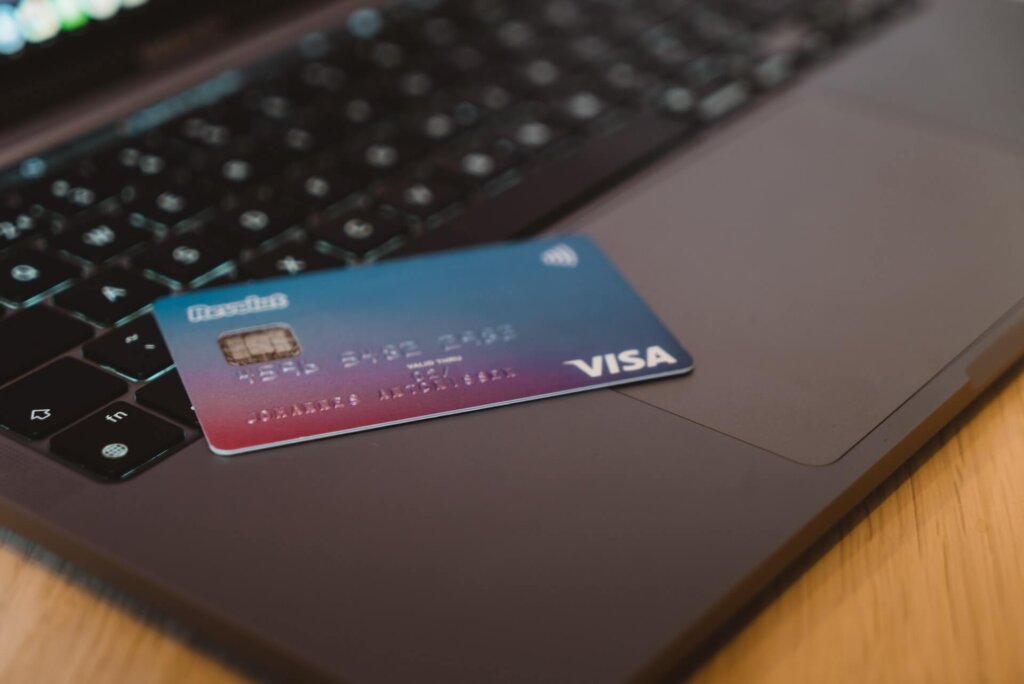Credit cards can help improve credit scores and get rewards. However, if not used carefully, they can lead to a cycle of debt. The smartest approach is to pay off the full amount every month and on time to avoid extra charges.
In this article, we will give you Basic information about Credit cards and how to use them responsibly. So read this article till the end and you get all the information about credit cards that help you a lot.
Understand the Fees and Terms
To maximize the benefits of your credit card, it’s crucial to understand its fees and conditions. Below we give some information related to Credit card fees and Terms:
Purchase APR: This is the annual interest rate applied to any remaining balance from purchases that you don’t pay off before the grace period ends.
Penalty APR: If you miss a credit card payment, you may incur a higher penalty APR compared to your regular purchase APR. This elevated APR may apply to future purchases or existing balances, and could also cancel out any promotional APR.
Balance Transfer and Cash Advance APRs: Cash advances typically come with higher APRs compared to regular purchases. On the other hand, balance transfer APRs are usually lower.
Annual Fee: Some cards charge an annual fee, but they often come with rewards and benefits. It’s important to ensure that the perks outweigh the fees.
Cash Advance Fees: In addition to the higher APR, there may be fees associated with taking a cash advance on your credit card.
Balance Transfer Fees: When you transfer a balance to a credit card, there’s usually a balance transfer fee, which is typically 3% to 5% of the amount transferred.
Late Fees: Card issuers can impose late fees if your payment is even a day overdue.
Returned Payment Fees: If the account used to pay your credit card bill lacks sufficient funds, you may incur a fee.
Foreign Transaction Fees: Making purchases outside the U.S. or in a currency other than U.S. dollars may result in a foreign transaction fee, depending on your card’s terms.
Grace Period: This is the time between the end of your card’s billing cycle and the due date for your payment.
Additional details about your card’s terms may be found further down in your cardholder agreement or on the card issuer’s website. These may include:
Special Offers: If your new credit card comes with promotional introductory APRs, deferred interest offers, or introductory bonus offers, it’s crucial to understand the terms and conditions.
Rewards Program Rules: Clarify how the rewards program operates, how the card issuer defines qualifying purchases in categories like travel, dining, gas, and groceries, and how to activate and redeem rewards.
Purchase Protections: Some cards offer benefits like extended warranties or insurance on products or services purchased with the card.
Authorized User Fees: There may be a fee associated with adding an authorized user to your credit card.
Always Pay Your Credit Card Bill on Time
If you don’t pay your credit card bill on time, you’ll be charged extra fees. This also hurts your credit score. If you’re 30 days late, it can stay on your credit report for seven years. To avoid this, set reminders or automate payments. Make sure you have enough money in your account.
Tips for Responsible Credit Card Usage
Using your credit card wisely is important for your financial well-being. This part offers practical tips, like being careful with your credit limit and making sure to pay your bills on time. These actions are vital for creating a good credit history and avoiding debt problems.
Conclusion
Credit cards can be valuable financial tools when used responsibly. This article gives you the knowledge to understand credit cards, use them wisely, build a strong credit score, and employ advanced techniques for optimal outcomes. Follow this advice for excellent credit card use. Remember, wise financial choices are essential for success.


